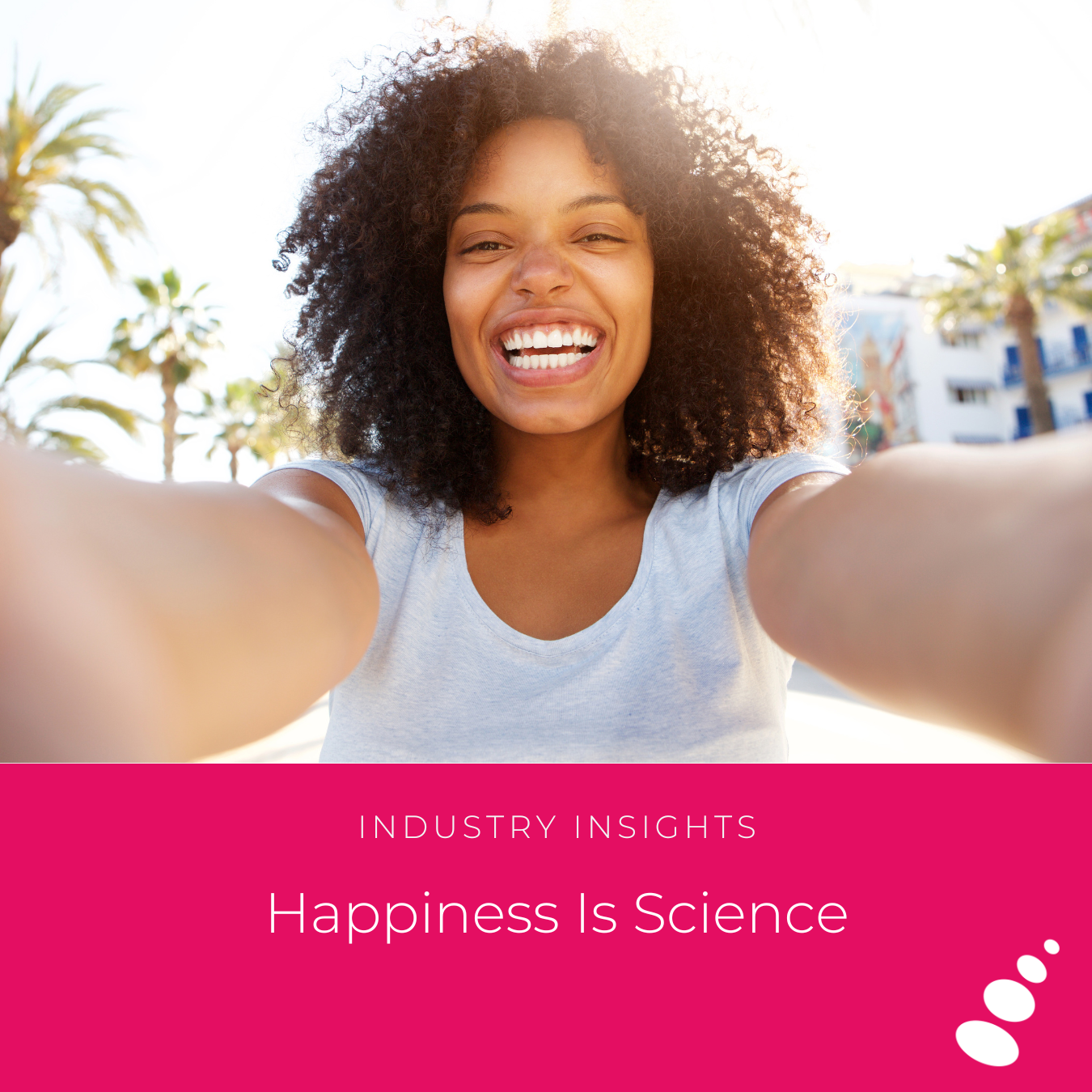
Happiness is a Science.
For some, happiness is a state of mind; for others it is something you strive for every day: this goal to be reached that will validate all is well.
In a recent Deloitte podcast series (WorkWell) Dr. Tal Ben-Shahar, teacher of positive Psychology and the Psychology of Leadership at Harvard gives the opinion that actually happiness is “something that is more stable and lasting, which also means that part of a happy life is experiencing sadness and frustration and disappointment and in fact, one of the most important pillars of happiness is embracing these painful emotions when they arise.”
So how do we manage that in a workplace environment where there is a continuous need to balance happiness, productivity, and profitability. Can you have it all?
A huge part of balancing is linked to creating sustainable and healthy habits and practices which compliment both your professional and personal life. If you work in a job that requires you to sit at a desk all day for example, perhaps introducing a morning ritual of going for a walk or doing a yoga class every day would help increase those happiness levels. There is evidence that it can take as little as 14 days for your neural pathways to be formed, i.e. you can have an established habit in just 2 weeks. Think about the kind of healthy habits that bring you joy, and work on training those neural pathways!
The way we all view the working world has changed drastically since the Covid era. Any experienced Recruiter can tell you that in 2022 we experienced the now-named “great resignation”, and the theme of 2023 seems to be more about the “the great reevaluation”. Individuals are looking to move jobs because they need greater financial security, but there is still a sense that employees are looking for a sense of meaning and purpose and want their employers to help provide that.
One of my key takeaways from the WorkWell podcast episode is all about Resilience 2.0. The premise of this is that the science of happiness is about creating what they call an antifragile system. By looking at antifragility as the opposite of fragility, we must consider how we can grow stronger as a result of some level of stress in our lives (both personal and professional). This is a concept that was introduced by Nassim Taleb from New York University who uses the analogy of the muscular system: you go to the gym and put stress on your muscles, then so long as you sustain the habit, your muscular system grows stronger, bigger and healthier.
It’s the same in your working life. We all cope with stress, pressure, deadlines, and conflicting priorities at some point in our lives. But by reframing your thinking about how this impacts your happiness, you may be able to reframe your productivity and therefore your success.
And if all else fails remember it takes 47 muscles to frown, and only 13 to smile. Now that’s the science of happiness.

Rosie relocated from London to Cayman in 2011 and immediately joined the SteppingStones team. She holds her Bachelors degree from St. Mary’s University College in English with Professional & Creative Writing and has her International Leadership & Management Qualification (ILM). Rosie has worked her way up through SteppingStones having started as a Staffing Coordinator and then being promoted to Recruitment Manager in July 2016.

